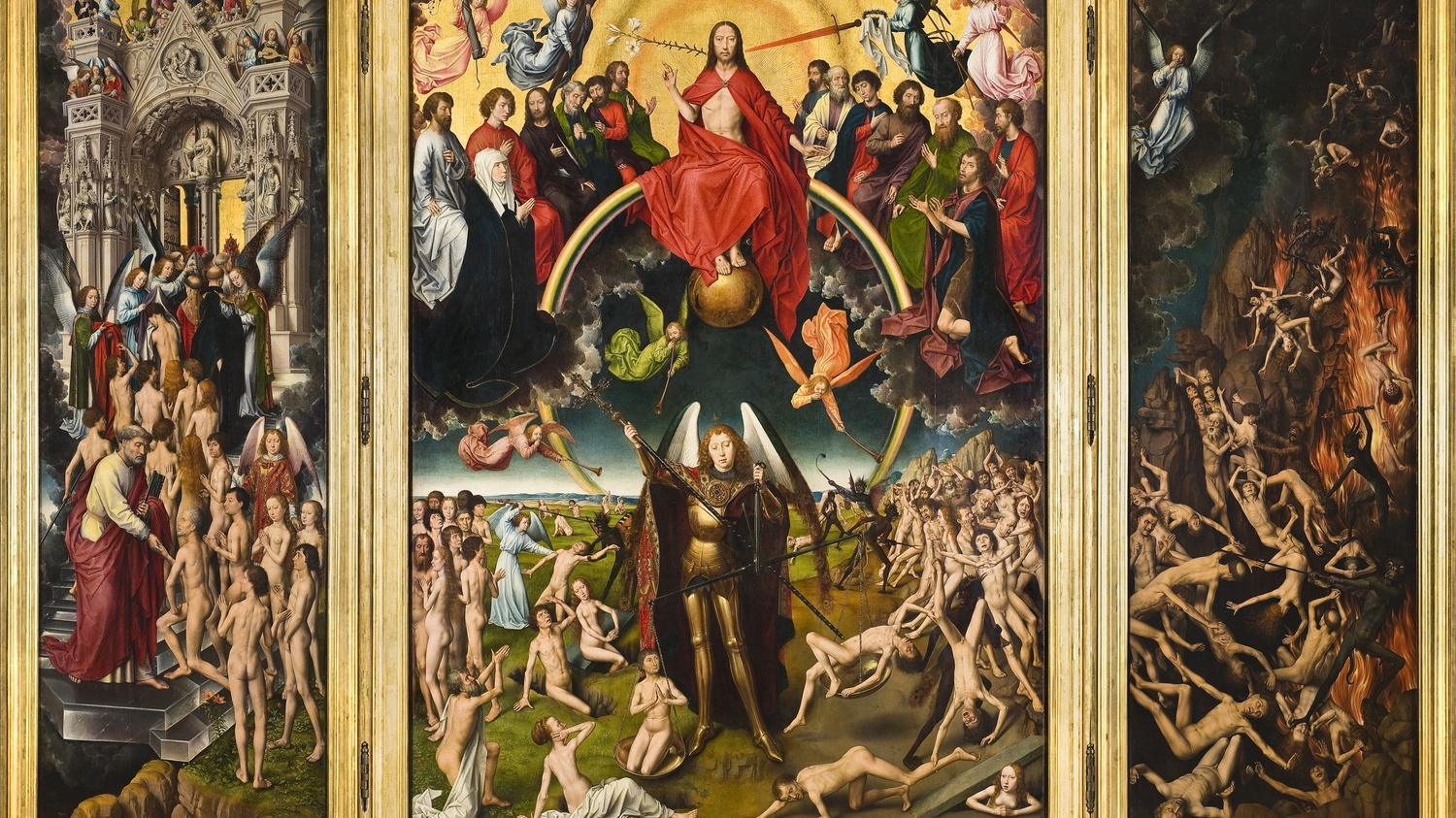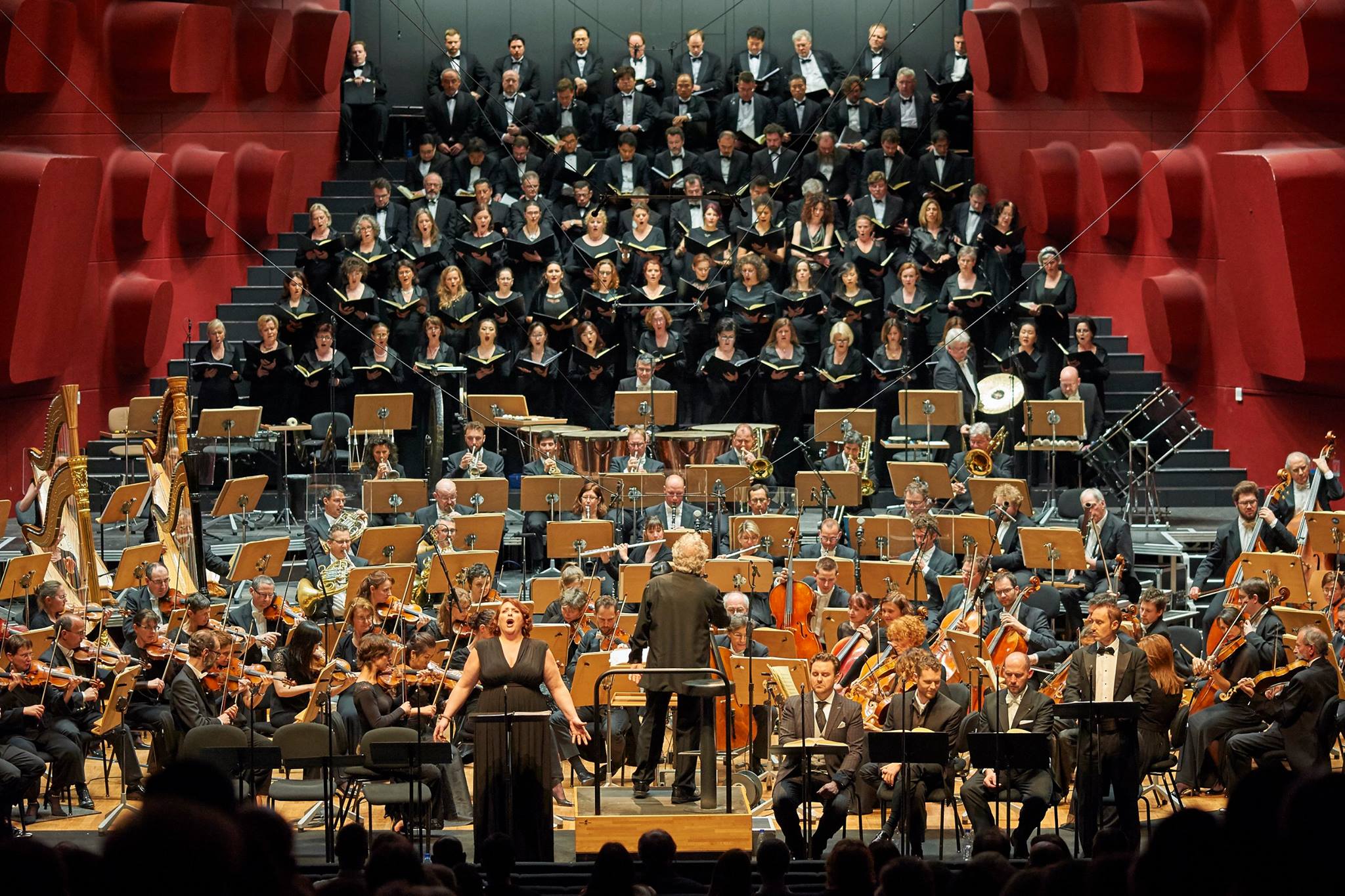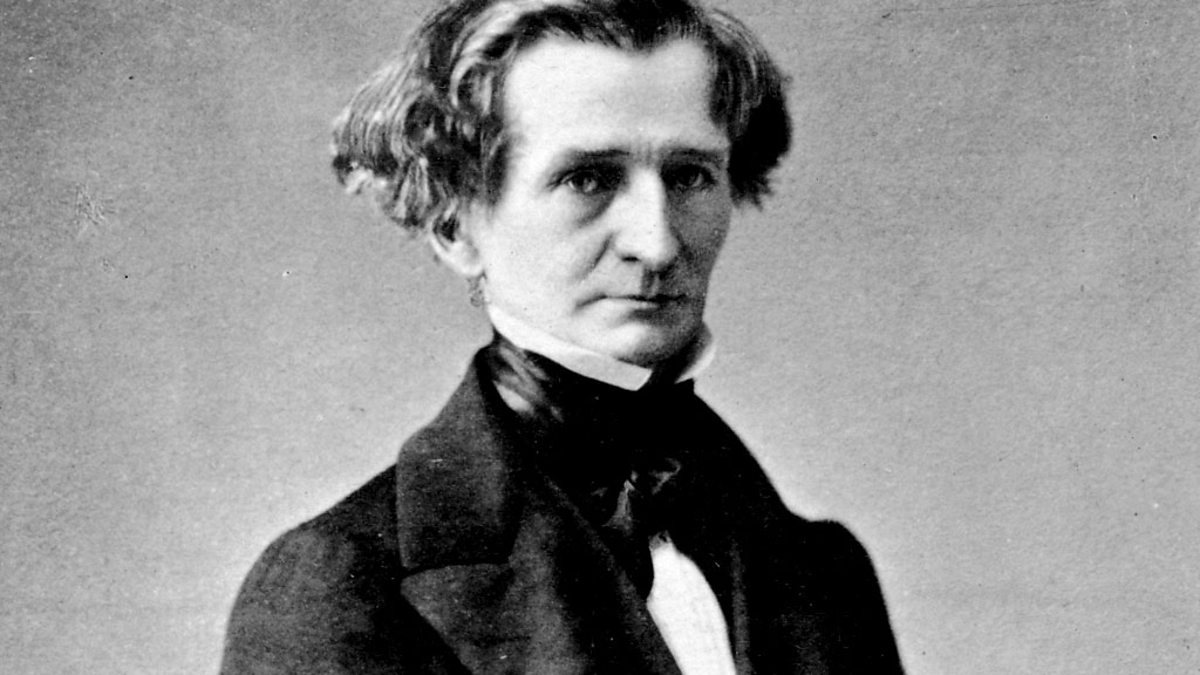New Release: Ian Bostridge Joins the Seattle Symphony for Berlioz, Ravel, Debussy
Song cycles by three French composers- Berlioz, Ravel, and Debussy- come to life spectacularly on a newly-released album featuring the English tenor Ian Bostridge with Ludovic Morlot and the Seattle Symphony. The recording appears on Seattle Symphony Media, the orchestra’s innovative, Grammy-winning, in-house record label. Berlioz’s Les nuits d’été was recorded at a live concert at Benaroya Hall in November 2017. Ravel’s Shéhérazade and Debussy’s Le livre de Baudelaire, orchestrated by John Adams in 1994, are studio recordings. Here are a few excerpts: …





